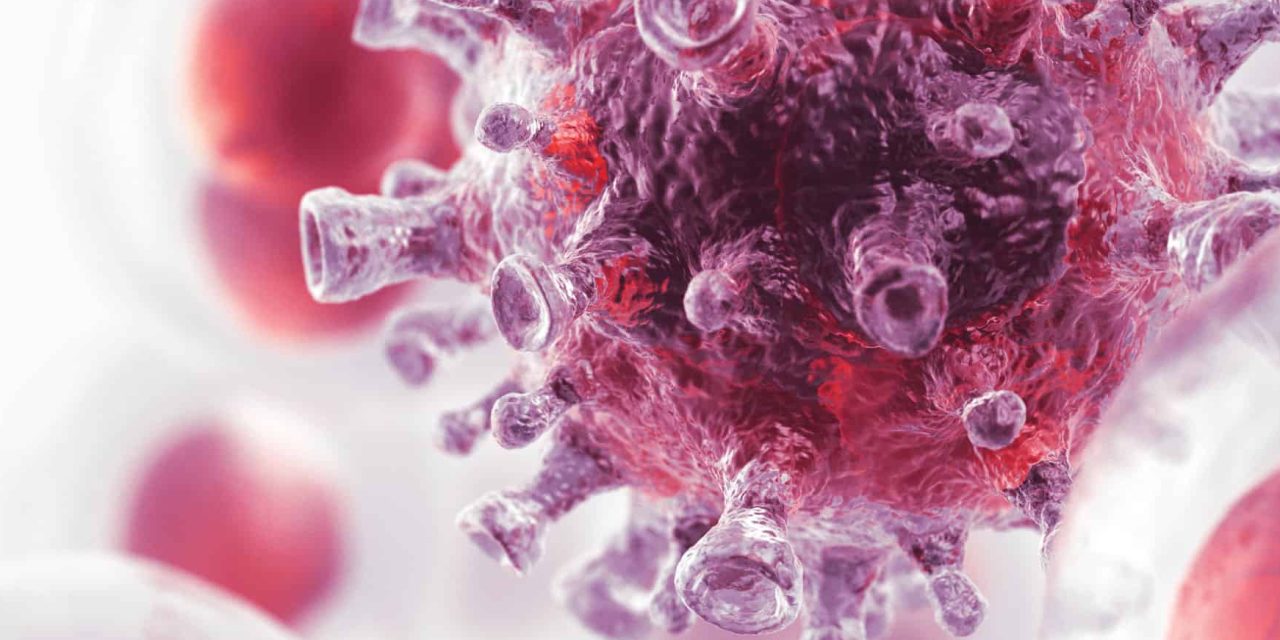Sex differences in surgically treated HPV-associated oropharyngeal squamous cell carcinoma are not defined due to the low number of affected women. We explored the oncologic outcomes of men and women with p16-positive oropharyngeal squamous cell carinoma treated with primary surgery.
Retrospective analysis of patients with HPV-related oropharyngeal cancer treated with surgery and pathology guided adjuvant therapy from 2007 to 2017. Primary end point was recurrence-free and overall survival.
Of 468 men (86.7%) and 72 women (13.3%), women presented more often with clinical N0 nodal disease (25% vs 12.2%). There were no differences in adverse pathologic features or T stage, although women were more likely to present with N0 disease (16.7% vs 10%), less N2 disease (6.9% vs 17.7%, p = 0.03), and more stage I disease (88.9% vs 75%). As a result, women were more likely to undergo surgery alone (30.6% vs 14.1%) while men were more likely to require adjuvant radiation therapy (47.2% vs 36.1%). Four women (5.6%) and 30 men (6.4%, p = 0.8) died during follow-up. Multivariate analysis controlling for age, sex, treatment, and pathologic stage demonstrated no differences in overall survival between men and women. There were no differences in recurrence-free or overall survival between men and women at two and five years.
Although women undergoing transoral robotic surgery for HPV+ oropharyngeal squamous cell carcinoma may have less advanced disease, upfront surgery with pathology-guided adjuvant therapy produces similar oncologic results in men and women while accounting for disease burden.
Copyright © 2021 Elsevier Ltd. All rights reserved.
Sex-based differences in outcomes among surgically treated patients with HPV-related oropharyngeal squamous cell carcinoma.


